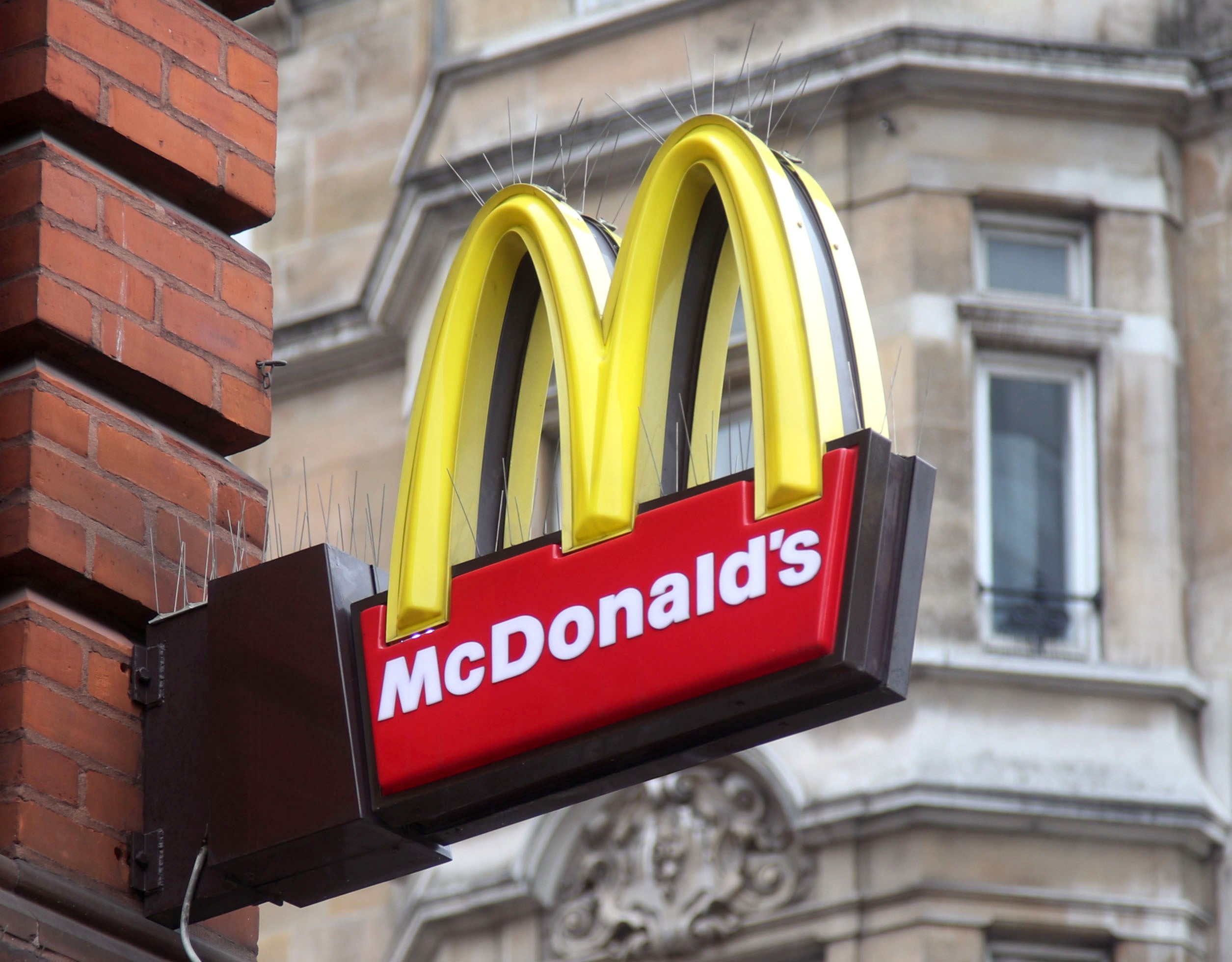McDonald’s to pay France £1bn in tax fraud case
The company said the settlement was the result of “productive discussions” with tax authorities.

Your support helps us to tell the story
From reproductive rights to climate change to Big Tech, The Independent is on the ground when the story is developing. Whether it's investigating the financials of Elon Musk's pro-Trump PAC or producing our latest documentary, 'The A Word', which shines a light on the American women fighting for reproductive rights, we know how important it is to parse out the facts from the messaging.
At such a critical moment in US history, we need reporters on the ground. Your donation allows us to keep sending journalists to speak to both sides of the story.
The Independent is trusted by Americans across the entire political spectrum. And unlike many other quality news outlets, we choose not to lock Americans out of our reporting and analysis with paywalls. We believe quality journalism should be available to everyone, paid for by those who can afford it.
Your support makes all the difference.McDonald’s France and related companies have agreed to pay more than 1.2 billion euros (£1 billion) to the French state to settle a case in which the fast-food giant was accused of years of tax evasion.
A Paris court approved the settlement on Thursday, the national financial prosecutor’s office said.
McDonald’s said the settlement was the result of “productive discussions” with tax authorities.
The decision means a tax fraud investigation targeting the company, opened after a legal complaint by unions in 2016, will be closed.
The prosecutor’s office said McDonald’s France, McDonald’s System of France, MCD Luxembourg Real Estate and other related companies agreed to pay a total of 1.24 billion euros in fines, penalties and back taxes to settle the case after years of negotiations.
The company was accused of hiding French profits in lower-tax Luxembourg from 2009 to 2020, and reporting artificially low profits in France.
McDonald’s said in a statement that it had already paid 2.2 billion euros (£1.8 billion) in taxes over that period. It did not comment on the accusations.
“The majority of the anticipated tax settlement has already been accrued for” and was reflected in the company’s last quarterly earnings, and the remainder will be reflected in its second-quarter results, the company said.